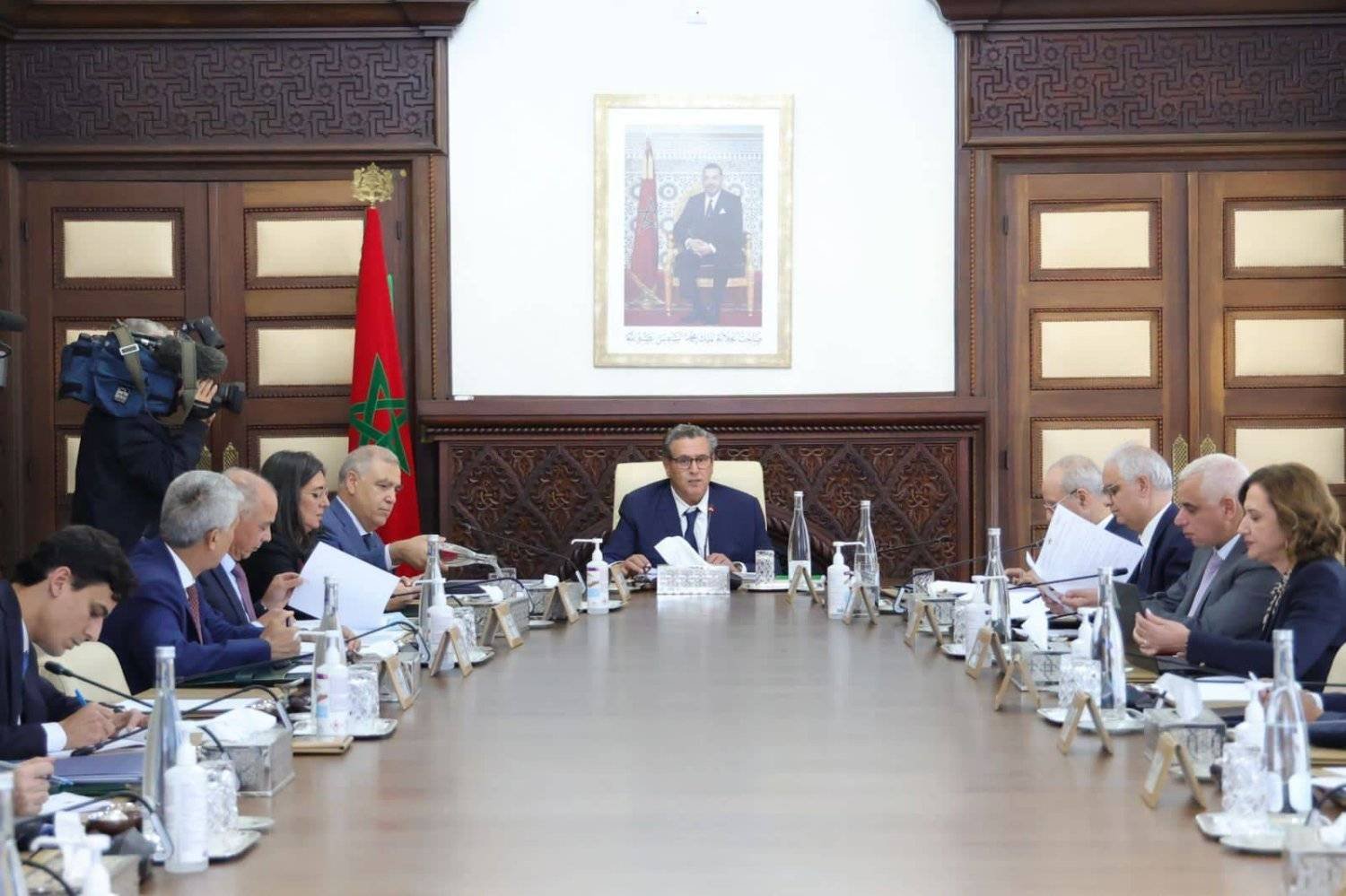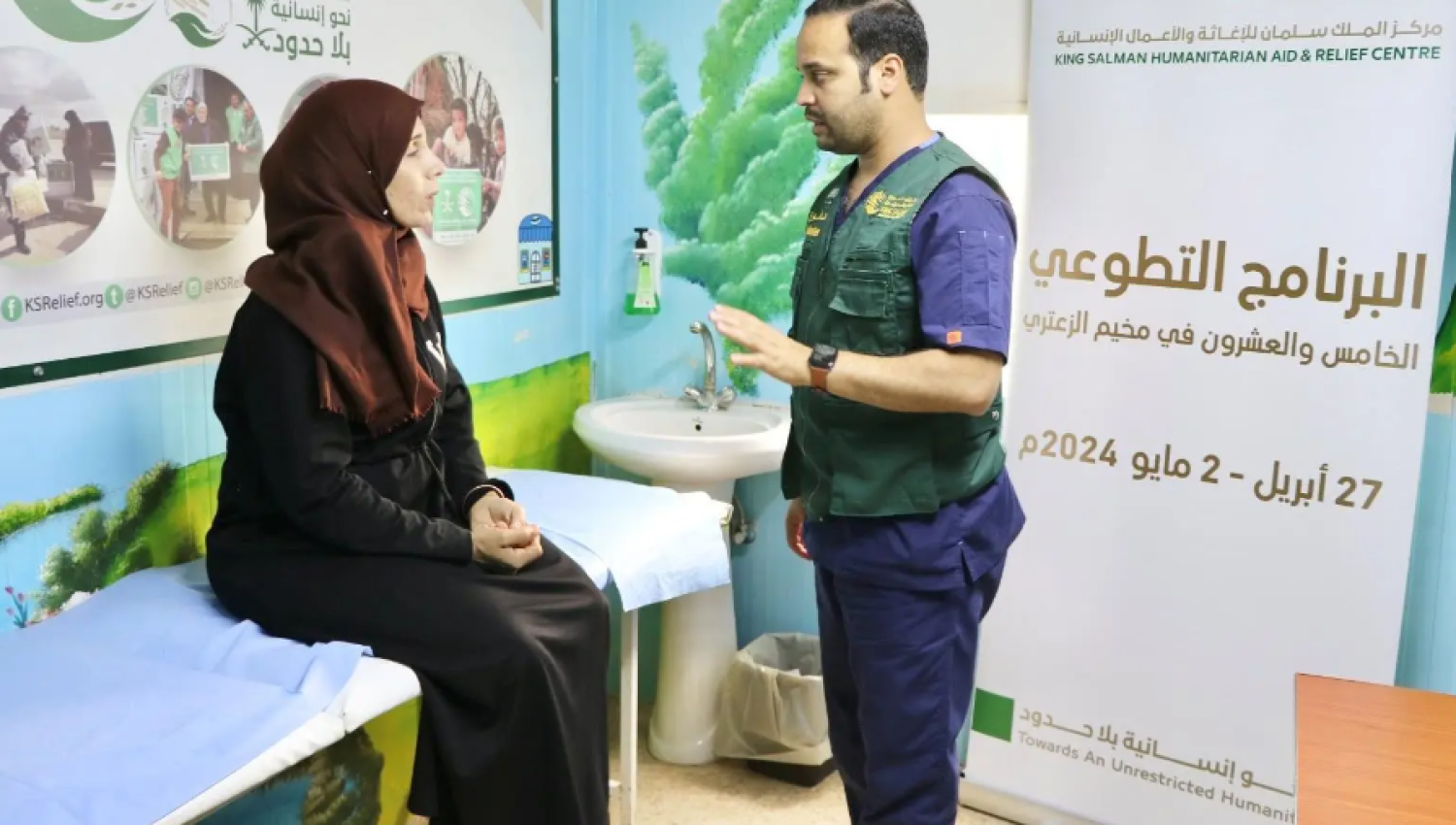With hope of finding survivors fading, stretched rescue teams in Türkiye and Syria searched Wednesday for signs of life in the rubble of thousands of buildings toppled by the world’s deadliest quake in more than a decade. The confirmed death toll passed 11,000.
Turkish President Recep Tayyip Erdogan visited the especially hard-hit Hatay province, where more than 3,300 people died and entire neighborhoods were destroyed. Residents there have criticized the government's response, saying rescuers were slow to arrive.
Erdogan, who faces a tough battle for reelection in May, acknowledged "shortcomings" in the response to Monday's 7.8 magnitude quake but said the winter weather had been a factor. The earthquake destroyed the runway in Hatay's airport, further disrupting the response.
"It is not possible to be prepared for such a disaster," Erdogan said. "We will not leave any of our citizens uncared for." He also hit back at critics, saying "dishonorable people" were spreading "lies and slander" about the government's response.
Search teams from more than two dozen countries have joined tens of thousands of local emergency personnel in Syria and Türkiye. But the scale of destruction from the earthquake and its powerful aftershocks was so immense and spread over such a wide area — including a region isolated by Syria’s ongoing war — that many people were still awaiting help.
Experts said the survival window for those trapped under the rubble or otherwise unable to obtain basic necessities was closing rapidly. At the same time, they said it was too soon to abandon hope for more rescues.
"The first 72 hours are considered to be critical," said Steven Godby, a natural hazards expert at Nottingham Trent University in England. "The survival ratio on average within 24 hours is 74%, after 72 hours it is 22% and by the fifth day it is 6%."
Rescuers at times used excavators or picked gingerly through debris. With thousands of buildings toppled, it was not clear how many people might still be caught in the rubble.
In the Turkish city of Malatya, bodies were placed side by side on the ground, covered in blankets, while rescuers waited for vehicles to pick them up, according to former journalist Ozel Pikal, who said he saw eight bodies pulled from the ruins of a building.
Pikal, who took part in the rescue efforts, said he thinks at least some of the victims froze to death as temperatures dipped to minus 6 degrees Celsius (21 Fahrenheit).
"As of today, there is no hope left in Malatya," Pikal said by telephone. "No one is coming out alive from the rubble."
Road closures and damage in the region made it hard to access all the areas that need help, he said, and there was a shortage of rescuers where he was. Meanwhile, cold weather hampered the efforts of those who were there, including volunteers.
"Our hands cannot pick up anything because of the cold," said Pikal. "Work machines are needed."
Unidentified bodies were to be buried within five days after being photographed and undergoing DNA tests and finger printing, Türkiye’s disaster management agency said. Islamic funeral rites prescribe quick burial.
The region was already beset by more than a decade of war in Syria. Millions have been displaced within Syria itself and millions more have sought refuge in Türkiye.
Türkiye’s president said the country’s death toll passed 9,000. The Syrian Health Ministry said the death toll in government-held areas climbed past 1,200. At least 1,400 people have died in the opposition-held northwest, according to the volunteer first responders known as the White Helmets.
That brought the overall total to 11,600. Tens of thousands more are injured.
Stories of rescues continued to provide hope that some people still trapped might be found alive. A crying newborn still connected by the umbilical cord to her deceased mother was rescued Monday in Syria. In Türkiye’s Kahramanmaras, rescuers pulled a 3-year-old boy from the rubble.
But David Alexander, a professor of emergency planning and management at University College London, said data from past earthquakes suggested the likelihood of survival was now slim, particularly for individuals who suffered serious injuries or significant blood loss.
"Statistically, today is the day when we’re going to stop finding people," he said. "That doesn’t mean we should stop searching."
Alexander cautioned that the final death toll may not be known for weeks because of the sheer amount of rubble.
The last time an earthquake killed so many people was 2015, when 8,800 died in a magnitude 7.8 quake in Nepal. A 2011 earthquake in Japan triggered a tsunami, killing nearly 20,000 people.
Many of those who survived the earthquake lost their homes and were forced to sleep in cars, government shelters or outdoors amid rain and snowfall in some areas.
"We don’t have a tent, we don’t have a heating stove, we don’t have anything. Our children are in bad shape," Aysan Kurt, 27, said. "We did not die from hunger or the earthquake, but we will die freezing from the cold."
The disaster comes at a sensitive time for Erdogan, who faces an economic downturn and high inflation. Perceptions that his government mismanaged the crisis could hurt his standing.
On his tour of hard-hit areas, he said the government would distribute 10,000 Turkish lira ($532) to affected families.
Kemal Kilicdaroglu, the leader of Türkiye’s main opposition party, blamed the devastation on Erdogan’s two-decade rule, saying he had not prepared the country for a disaster and accusing him of misspending funds.
In Syria, aid efforts have been hampered by the ongoing war and the isolation of the opposition-held region along the border, which is surrounded by Russia-backed government forces. Syria itself is an international pariah under Western sanctions linked to the war.
The European Union said Wednesday that Syria had asked for humanitarian assistance to help earthquake victims. An EU representative insisted the bloc's sanctions against the Syrian government had no impact on its potential to help.
The UN humanitarian coordinator for Syria, Muhannad Hadi, said Wednesday that there was still no access to the Bab al-Hawa border crossing into opposition-held Syria, the only terminal where UN aid can be delivered, because of damaged roads.
Using other crossings, or sending the aid across conflict lines from Damascus, requires "multiple levels of coordination between different parties, security, humanitarian, NGOs," he said. "It’s not a straightforward operation."
Critics have accused the Syrian government of deliberately slowing down the process because it does not recognize aid groups operating in opposition-held areas and has sought to cut off support for those areas throughout the conflict.
In opposition-held parts of northwest Syria, rescuers pulled a man, a woman and four children from the rubble in the towns of Salqeen, Harem and Jinderis, according to the White Helmets group.
Türkiye sits on top of major fault lines and is frequently shaken by earthquakes. Some 18,000 were killed in similarly powerful earthquakes that hit northwest Türkiye in 1999.
















